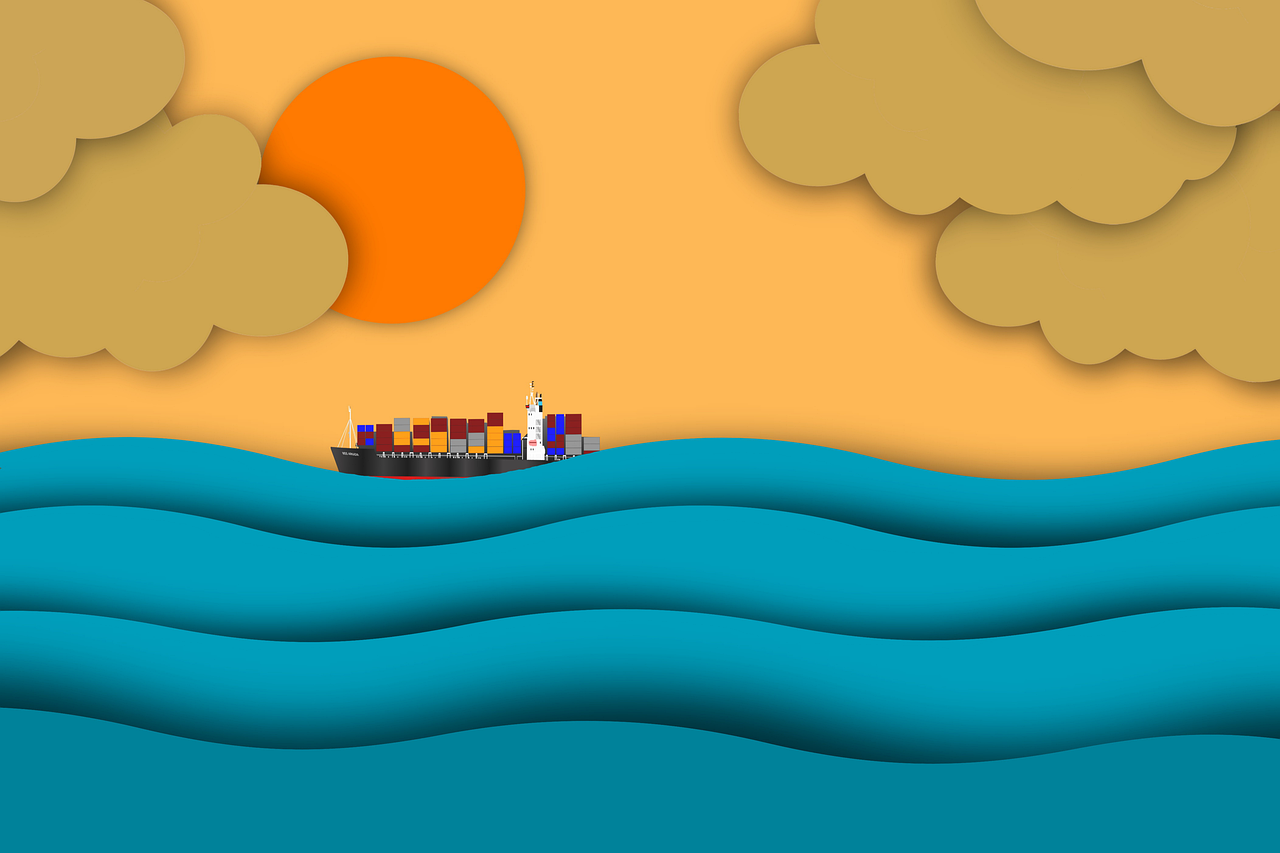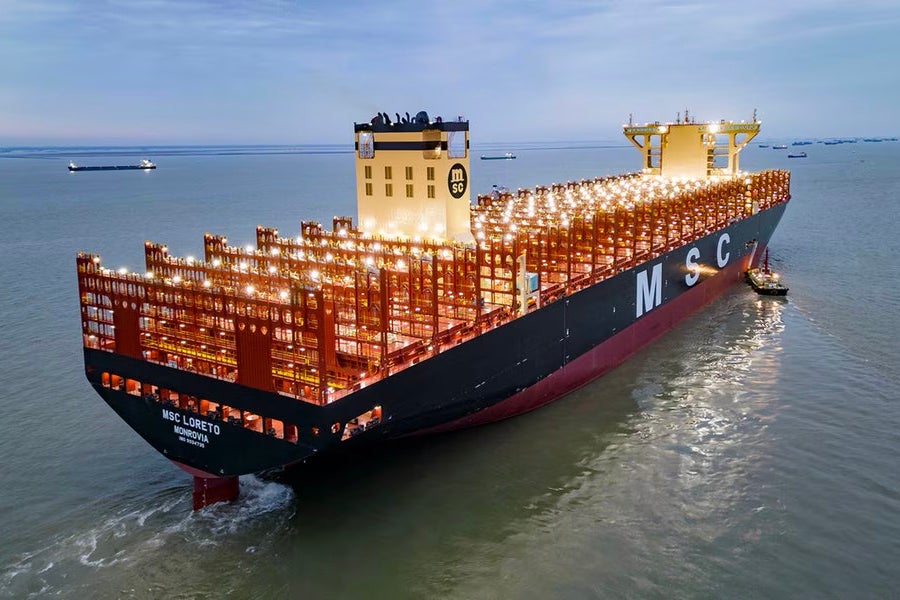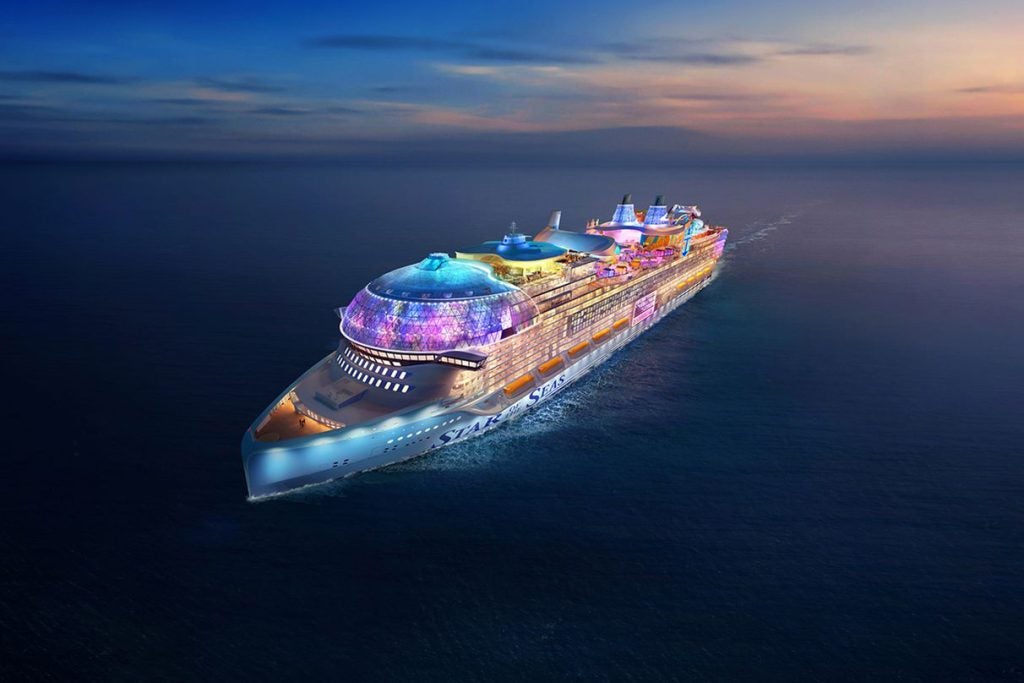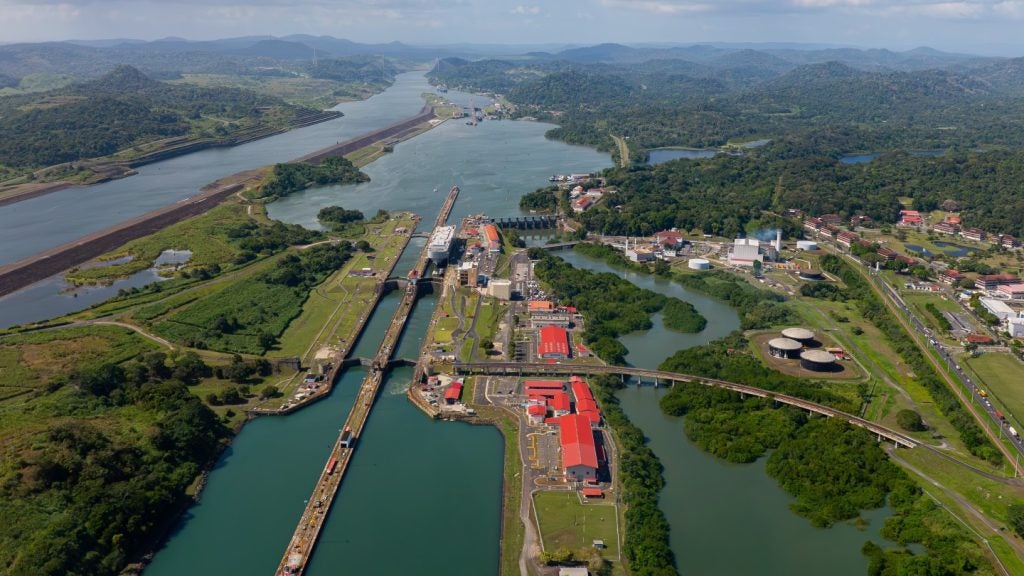
International Shipping Week (LISW) Conference took place on 15 September and saw some of the maritime industry’s biggest stakeholders gather at the International Maritime Organisation’s (IMO) headquarters to talk about issues concerning the sector.
During the eight-hour conference, panellists focused on different topics including the question of seafarers stranded at sea, regulation, COP26 and the pathway to net-zero.
“Ladies and gentlemen, there’s no doubt that we have witnessed immense disruption in the way our world ran over the past 18 months,” said IMO secretary-general Kitack Lim during his inaugural speech. “Nonetheless I am confident that we can drive the growth necessary to support the global economy. Our deliberations over the course of this week will play an important part in shaping the contributions to those efforts.”
The challenges faced by shipping in the last year and a half as well as the potential for opportunities and growth were at the centre of the “Driving growth in a disrupted world” panel, in which maritime and international stakeholders participated.
Here are some lessons they shared.
How well do you really know your competitors?
Access the most comprehensive Company Profiles on the market, powered by GlobalData. Save hours of research. Gain competitive edge.

Thank you!
Your download email will arrive shortly
Not ready to buy yet? Download a free sample
We are confident about the unique quality of our Company Profiles. However, we want you to make the most beneficial decision for your business, so we offer a free sample that you can download by submitting the below form
By GlobalDataCustomer reassurance, crew issues and decarbonisation were the biggest issues of the last 24 months
According to Mediterranean Shipping Company CEO Soren Toft, while the biggest challenge for the industry in 2020 was facing the unpredictability of the Covid-19 pandemic and its consequences, in 2021 his and other companies struggled with instilling in customers the belief that they could get through the situation.
“Our people and our customers are inundated with problems and we are trying to solve them but [this] is leading to stress, long working hours and questioning if we can really make it,” he said. “I think that keeping a perspective at the same time we have this massive disruption is one of the biggest challenges because we have to be agile.”
In addition to listening to its customers and reassuring them, Toft also explained that the industry needs to explain its role as a force for good to the general public and digitise itself, especially if it wants to attract young talent.
For International Labour Organisation (ILO) director-general Guy Ryder as well as for Lim, safeguarding the welfare of seafarers was the biggest hardship for the industry, not only because it was difficult at the organisation level to organise policy processes but also because conventions were not applied in the way they should have been.
“Many governments [stated that] it was a case of force majeure, that it was materially impossible for some of the conditions of the Maritime Labour Convention to be applied,” said Ryder. “We didn’t swallow that argument in all cases, as we think that in many cases governments were falling short quite considerably under their obligations.”
Seafarers were also a major concern for Inmarsat CEO Rajeev Suri, especially when it came to helping crews remain connected with their families. “Our task was to ensure that our technologies played a vital role in keeping them connected,” he added. “So we worked hard to reduce the financial and technical burden of connecting them, launching a series of initiatives of free and discounted calling, health monitoring application and training and safety.”
Tristan Smith, associate professor in energy and transport at University College London, the main disruption caused by the pandemic was that it side-lined decarbonisation processes within the industry. On the one hand, explained Smith, corporations that needed to strategise towards decarbonisation were “distracted” by short-term Covid-related pressure while it was difficult to “keep the policy process moving when you can no longer put people in a room together.”
Despite the disruption, the industry rebounded through resilience and cooperation
When asked about the period’s most positive development, all the panellists agreed that increased cooperation at the industry and global level was what kept things going.
According to Ryder, positive results came about through the cooperation showed both at the industry level – with opposing stakeholders such as the International Chamber of Shipping and the International Transport Workers’ Federation working together – but also at the international organisations’ level.
Smith highlighted how Covid-19 enabled maritime to become less crystallised in its thinking, enabling resilience. “Suddenly being thrown into different working arrangements and a different society has enabled people to see that the changes associated with decarbonisation might not be that disruptive,” he commented. The pandemic has also fostered collaboration at the solution providers’ level, where before providers were completely detached from the industry.
“Covid-19 forced people to work together at an unprecedented speed and we need to take inspiration and see it as something we can apply and stick into the scientific community and the practitioners who will implement decarbonisation solutions,” he continued.
Covid-19 has highlighted the vital importance of shipping and seafaring
Panellists believe that the pandemic-induced reduction of air travelled highlighted the vital role shipping has in keeping the global economy moving, especially when it comes to seafarers and their efforts.
“Seafarers are the forgotten troopers, working in the background,” he commented. “I’m so proud not only of the people in my company but all across the sector, I think they have made an amazing sacrifice for the whole world.”
Despite the industry’s enormous sacrifices, what the pandemic also highlighted was the lack of a joined-up government approach when it came to handling the seafarers’ crisis.
“We had two sides: [on the one hand] the maritime authorities, labour ministries fully understanding and being responsive to the types of situation we were encountering,” he explained. “But that didn’t prevail in government more generally, there were insufficient ways of reconciling the different issues that governments had to juggle with at that point.”
New networks and climate change opportunities will emerge in the next two years
According to Suri, one of the most disruptive opportunities for the industry will be the increasing digitalisation across all sectors, adopting a proactive approach to matters such as safety and welfare.
To give the industry the maximum communications capacity at all times, he has announced that Inmarsat is working on a comprehensive solution, “a new generation network called Rockets – the first of its kind layered network that has geo satellite, satellite and 5G connection in one harmonious solution.”
Another trend that will come up, added Lim, is that more and more industries – including shipping – will look at climate change not only as a concern but also as an opportunity to gain momentum for a green energy transition.
“I believe that many more member states, together with the industry, will recognise the possible opportunities that stem from climate change issues,” said Lim. “It will become a challenge, [because] we need a lot of investment in future fuels but if we embrace [the opportunities] we can create good solutions.”







